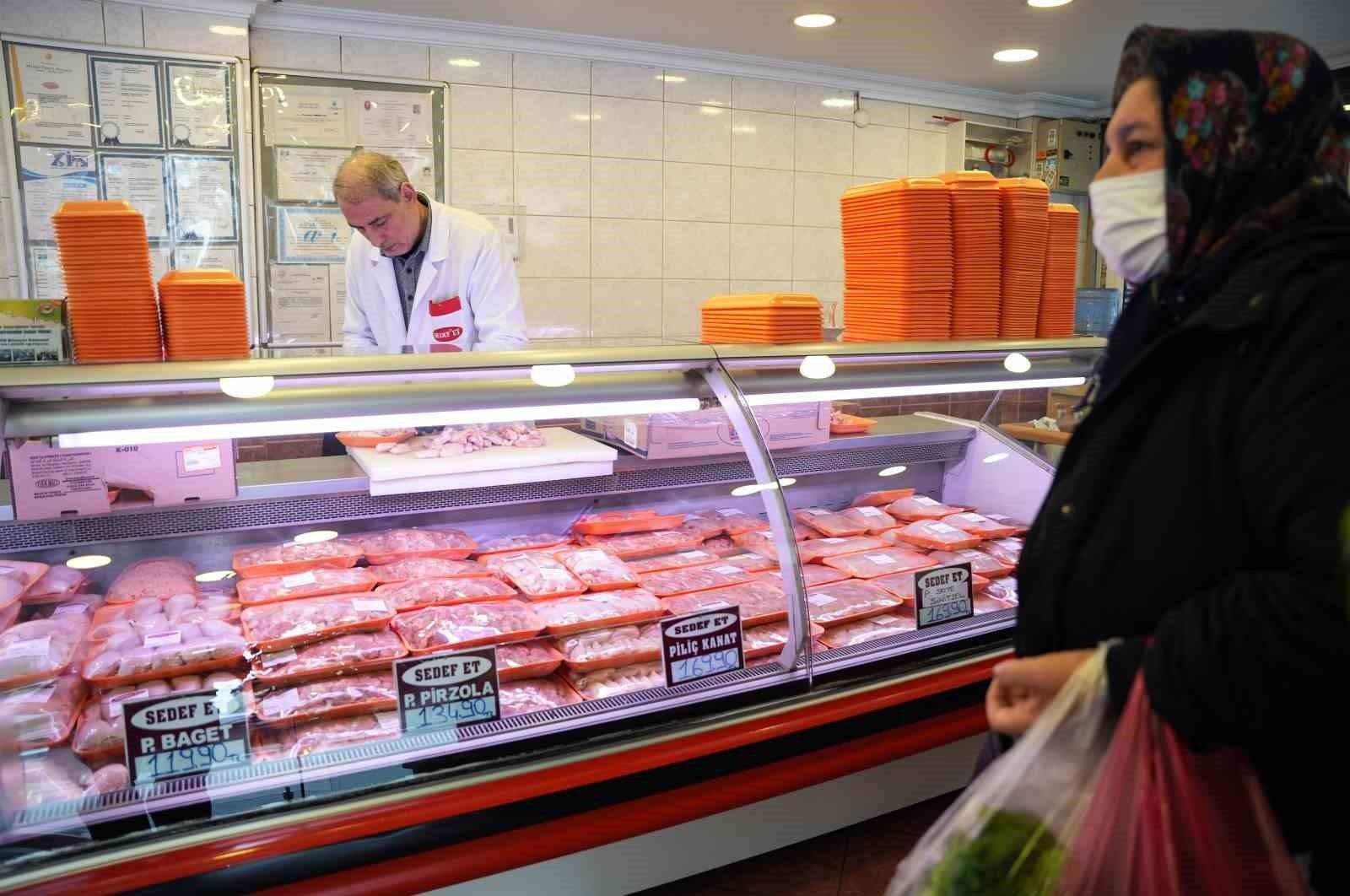
Türkiye’s poultry sector is grappling with deepening setbacks as export restrictions and domestic consumption challenges continue to weigh heavily on producers.
Despite a significant increase in production, the anticipated rise in demand has failed to materialize, leaving the industry with excess supply and falling prices.
In the first five months of 2025, the number of chickens slaughtered rose by 11 percent, while chicken meat production surged by 14.1 percent compared to the same period last year.
However, domestic demand remained largely flat, and the white meat industry’s more than 15 percent increase in output over 2024 has led to market saturation and financial losses.
Producers attribute the oversupply to the export ban imposed last year, which caused the loss of key international markets. The situation has been further exacerbated by widespread barbecue bans triggered by forest fire risks, curbing seasonal consumption typically driven by outdoor grilling.
According to data from the Turkish Statistical Institute (TÜİK), chicken meat production in May reached 241,782 tons, marking an 11.7 percent year-on-year increase. Yet, the domestic market has not absorbed the surplus, forcing producers to accelerate slaughter at lower prices.
Naci Kaplan, president of the White Meat Industrialists and Breeders Association (BESD-BİR), emphasized that growth in the poultry sector is primarily export-driven.
Kaplan recalled that export restrictions were imposed between May and December last year, stating, “It was anticipated that the rise in red meat prices would lead to increased demand for white meat, and this measure was implemented accordingly.”
“However, even the smallest ban undermines trust and costs us markets. We need long-term policies instead of reactive measures,” he said.
Kaplan also noted there is no demand contraction in the domestic market while red meat price hikes have pushed consumers toward white meat, but “factors such as barbecue bans are causing concern for us.”
Many businesses have reported losses and exports are lagging by 30 percent compared to a normal season, said Bedri Girit, chair of the Aegean Exporters’ Association for Aquatic and Animal Products.
“In fact, the progress we've made domestically is relatively encouraging. We're approaching the EU average of 27 kilograms per capita; in Türkiye, consumption stands at 25 kilograms per person. The rise in red meat prices is particularly driving demand toward white meat.”